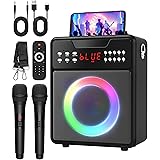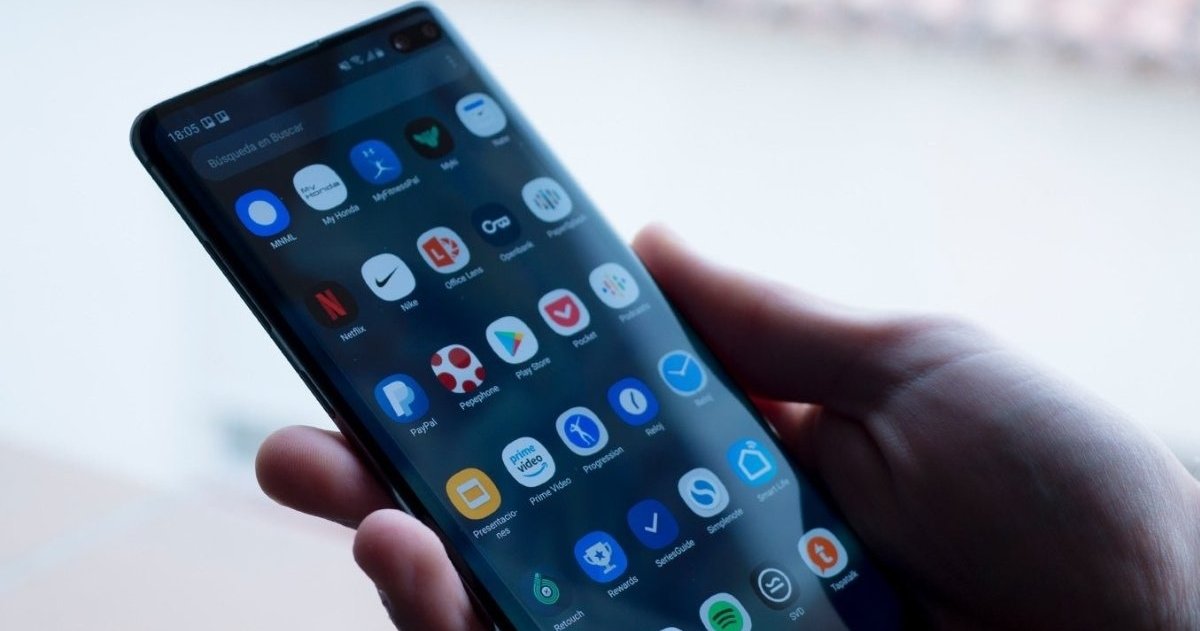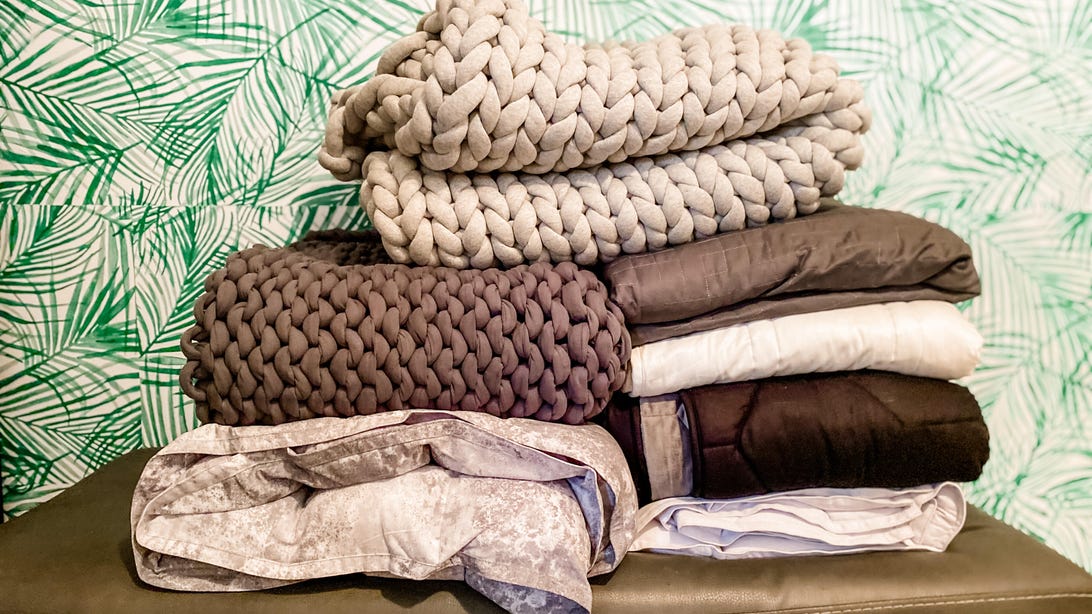It’s a confusing time to be in marketing.
Despite ongoing warnings about a potential recession ahead, major advertising holding companies have continued releasing rosy forecasts even while brand marketers worry about having to make cuts. However, during Advertising Week in New York last week, the economy was only one piece of the conversation despite it being a massively important topic for marketers and consumers alike.
With both small and large businesses, there’s been conflicting data. According to Meta’s quarterly survey of small businesses — which was conducted in July and released earlier this month — around 19% are still closed in the United States. Of those that are open, 18% said they’ve increased hiring in the past six months while 66% have left numbers unchanged. However, inflation is still a major concern. Of the 22,000 respondents, 74% said costs have increased in the past six months and 60% said they’ve increased the price of their goods and services.“Then you relate that to what’s happening with advertising spend and performance on the platform, we’re actually hearing similar stories,” said Michelle Klein, vice president of global business marketing at Meta. “Businesses have to hobble and walk into the holiday season, and there’s no sign of that changing.”During a discussion on stage at Advertising Week, Klein mentioned more than a dozen major brands — Mattel, Trader Joe’s, Microsoft, Adobe, Electronic Arts, Uber and others — all started in various recessions over the past century. (When she asked the audience to guess how many started during a recession, some were surprised to learn that they all did.)“It’s a confusing picture. For the last six months plus we keep hearing that this is the world’s worst economy ever,” Klein said. “The job market seems stable, but if you’re in marketing you’re worried about being the first thing being cut… The most important thing is that innovation is at the heart of every crisis.”According to a September survey conducted by Wavemaker, consumer sentiment is down 16% since January while confidence is even lower than in the 2008 recession. The data also show that consumers are already making shifts based on budget limitations even to brands that aren’t their favorites. Meanwhile, consumers are shifting to buying CPG products from top brands to private labels.“This is not a 12- or 18- month ball game,” Potgraven said. “Consumers are shifting and they keep on shifting to other brands for a longer time.”Dennis Potgraven, chief strategy officer at Wavemaker, said consumers are worried that a potential recession will last longer than the previous one. That means companies need to make a longer-term plan that will help recoup profitability over sales.Long-term planning is also top of mind at Dell. According to Zaid Nasir, the tech company’s director of data science and analytics, consumers are now thinking twice about buying products now, but also still about maybe buying them in the future. Although key marketing metrics like reach and frequency matter, Nasir said a tighter economy requires companies to change what they measure. For example, prioritizing monetary outcomes over impression and engagement numbers helps create a storyline to present internally to show what marketing is doing.“We have to quantify now, not just look at it from an engagement perspective,” Nasir said. “What is this engagement bringing me? Is it actually bringing me something now? Is it going to bring me something in the future?”According to online and traditional data collected by Mastercard in September, consumer retail spending was still strong even compared to pre-pandemic levels. However, Rustom Dastoor, Mastercard’s EVP of integrated marketing and communications believes household savings have been high but that incremental household cash “might start drying up.” He said the fourth quarter and into next year might start showing a “truer picture than what we’re seeing today.”If the ability to spend contracts like Mastercard expects it might, Dastoor said that they’ll do more targeted work, improve segmentation, talk less to fewer people but more effectively and prioritize customer loyalty and retention over acquisition.“I always cringe when we tie marketing with budgets,” Dastoor said. “More important than money is ingenuity. When money tightens, ingenuity has to grow even more. So what I’m looking for from my teams over the next year is not to worry day and night about what the budget is, but what are you doing to do with the money you have?”Agencies and television ad execs say they’re also seeing shifts. Stacy DeRiso, U.S. CEO of the advertising agency Initiative, said it’s been “less of a pullback and more of how they’re spending.” And Marianne Gambelli, Fox Corp.’s president of ad sales, said advertisers are doing more close-to-air sales than long-term commitments. (She added that companies are “in that period where it could get worse, but we don’t really know.”)“We’re kind of looking at our data signs, but where some are looking for more accountability and shifting costs for more efficiency,” Gambelli said. “I feel like we’re in this really odd time where everybody’s evaluating everything before the holiday time.”Experimentation is also something that Kevin O’Leary — star of the hit show “Shark Tank” — encourages. The celebrity investor tells the companies he invests in to spend a third of their marketing budgets on experimentation every quarter. (In an interview with Digiday last week, O’Leary said it’s critical for entrepreneurs to understand digital advertising and that he won’t invest in companies that don’t.)“If you’re just sitting on your laurels doing the same old crap, you’re missing out and your competitors are going to do something else,” O’Leary said. “So start experimenting because the value of something that works that you find just through creative chaos is extremely higher than what you’ve already been doing because you start losing yields right away.”
Note: This article have been indexed to our site. We do not claim legitimacy, ownership or copyright of any of the content above. To see the article at original source Click Here













